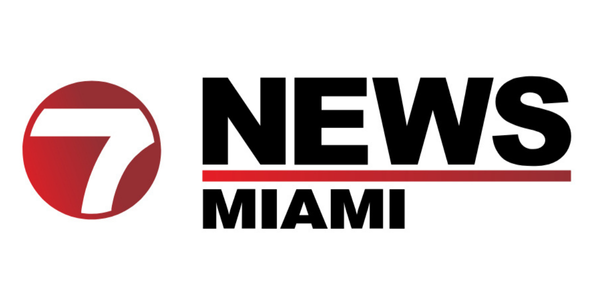- Free Consultation: 305-638-4143 Tap Here to Call Us
Delta Flight Makes Emergency Landing After Turbulence Injures 25: What Passengers Need to Know About Their Legal Rights
A Delta Airlines flight from Salt Lake City to Amsterdam was forced to make an emergency landing on Wednesday night after encountering significant turbulence that injured 25 people, prompting medical intervention and hospitalizations. The flight, Delta Flight 56, diverted to Minneapolis-St. Paul International Airport roughly two hours into its scheduled nine-hour journey.
Upon landing at 7:45 p.m. local time, emergency medical teams were on standby to evaluate the 275 passengers and 13 crew members aboard the Airbus A330-900. Delta confirmed that 25 individuals were taken to local hospitals for further treatment and care. The airline also issued a statement noting that they are “working with customers to support their immediate needs.”
The aircraft encountered what the airline described as “significant turbulence” while en route to Europe. Turbulence, particularly of the severe variety, can occur unexpectedly and violently. It is generally caused by sudden changes in airflow — often due to jet streams, thunderstorms, or atmospheric instability — and can cause serious injury to anyone not securely restrained by a seatbelt.
According to the National Transportation Safety Board (NTSB), there have been 207 serious turbulence-related injuries in the U.S. since 2009 — defined as injuries that require hospitalization for more than 48 hours. Globally, about 5,000 severe-or-greater turbulence incidents occur annually out of the estimated 35 million flights.
Severe turbulence exerts more than 1.5 g-force, often enough to lift a passenger out of their seat. Even with seatbelt advisories, passengers moving about the cabin or improperly restrained are particularly vulnerable to injury.
Legal Options After a Turbulence-Related Injury
While turbulence is often considered a natural and unpredictable occurrence, airlines still owe passengers a duty of reasonable care and safety. If that duty is breached through negligence, injured passengers may have legal recourse.
Here are several legal considerations and potential avenues for recovery:
1. Negligence and Failure to Warn
Airlines must make every effort to anticipate and avoid known areas of turbulence, relying on weather data and air traffic control guidance. If flight crews fail to notify passengers to fasten seatbelts or if the aircraft enters avoidable turbulent airspace due to poor decision-making, there could be grounds for a negligence claim.
2. Improper Securing of the Cabin
Injuries may also result from improperly secured food carts, luggage, or equipment, which can strike passengers during turbulence. Airlines are responsible for ensuring that the cabin is secured according to FAA regulations.
3. International Flights and the Montreal Convention
Because this was an international flight bound for Amsterdam, the Montreal Convention — a treaty governing international air travel — applies. Under this treaty, Delta may be strictly liable for injuries suffered by passengers during the course of the flight, including while boarding and disembarking, regardless of fault.
Victims can seek compensation for:
- Medical expenses
- Lost wages
- Pain and suffering
- Permanent disability
- Emotional trauma
The Montreal Convention places a strict liability limit on airlines for injuries up to approximately $170,000 USD (updated regularly based on inflation and currency fluctuations). Beyond this threshold, Delta could be held fully liable if the passenger proves the airline was negligent or failed to take reasonable safety precautions.
What Should You Do If You Were Injured?
If you or a loved one suffered injuries on Delta Flight 56 or on any commercial flight , there are several important steps to take:
- Seek Medical Attention: Ensure all injuries are documented by medical professionals. This documentation is critical for any legal claim.
- Preserve Evidence: Save your boarding pass, take photos of visible injuries, and keep medical bills and receipts.
- Report the Incident: File a formal report with Delta Airlines and request a copy.
- Speak to an Attorney: An aviation injury attorney can help evaluate your case and determine whether you are eligible for compensation under U.S. law or international treaties.












